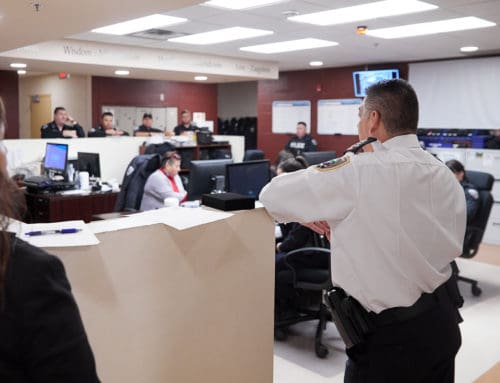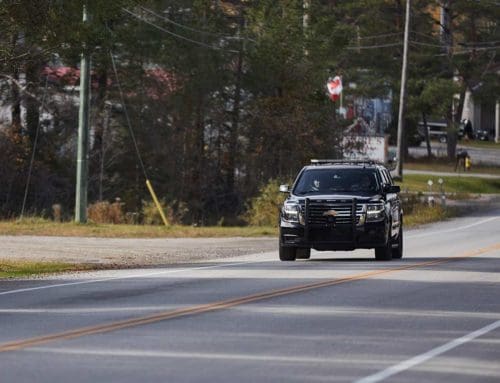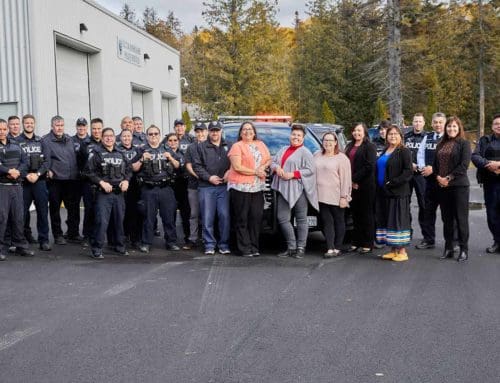Gender-Based Violence: Promising Practices to Support Survivors and their Families
- Gender-based violence (GBV) is any form of violence against an individual because of their gender expression, gender identity or perceived gender. This can take many forms: cyber, physical, sexual, psychological, emotional, and economic. Neglect and harassment can also be forms of GBV.
- A promising practice is an intervention, program/service, strategy, or policy that shows potential (or ‘promise’) for developing into a best practice
- Promising practices may be in the earlier stages of implementation. They demonstrate medium to high positive impact, high potential for adaptability, and a suitable quality of evidence.
LTFW has been designed to reduce risk factors associated with domestic violence and facilitate the creation of safer, stronger and healthier First Nations communities.
With an organizational mandate to support and facilitate the provision of culturally sensitive and innovative services, acting as a partner in community wellness, UCCM Anishnaabe Police Service felt an obligation to facilitate the development of targeted interventions which would help to strengthen the community’s ability to fight domestic violence.
Building on existing community structures and mechanisms:
- Strengthen Police and Community Partner personnel’s ability to respond to incidents of GBV in a culturally safe and violence and trauma-sensitive manner. This will be done by creating a curriculum and training model that builds a foundation of understanding on the continued intergenerational impacts of trauma and the resiliency practices of the Anishnaabe.
- Stem the escalation of non-criminal code domestic disputes – address problems in their infancy before violent behaviours escalate and criminal charges are issued through a diversion program; and
- Facilitate the development of a sport-based program for children, adolescents and young people (including adolescent survivors/perpetrators of domestic violence) with a focus on promoting healthy living, positive relationships, life-skills and enhancing engagement between Police Officers, children and adolescents.
Taking a Let’s Work Together approach, a philosophy ingrained in the six First Nations communities on Mnidoo Mnising, all aspects of this project engage key stakeholders. Understanding that when communities and partners work together they can achieve more, this project will also ensure that a multi-sectoral engagement plan is developed to facilitate the cross pollination of ideas, enhancing existing programs and structures and facilitating the development of stronger networks to support victims and perpetrators affected by GBV.
LTFW Advisory Committee:
Member makeup – survivor advisors, sector professionals and Police.
Intended to guide the design, development and testing of the proposed interventions and provide expert advice on programming content; and ensure that all components and interventions are designed in a culturally sensitive manner and include the incorporation of cultural safety and violence & trauma sensitivity principles. Applications on-line.
Funding for the Lighting the Fire Within Project is proudly supported by Women and Gender Equality Canada.




